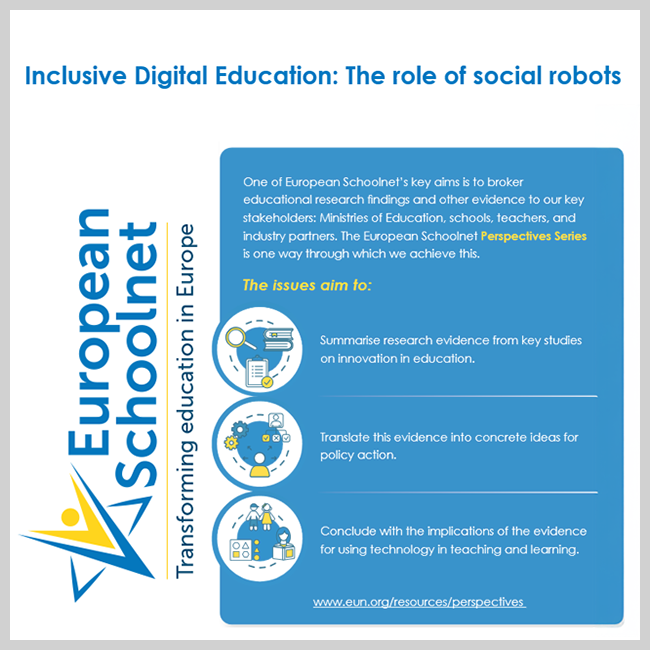
In an era where technology is increasingly penetrating the educational process, a new report by European Schoolnet seeks to explore a pressing question: Can AI-powered social robots bridge the gaps in inclusive education?
The answer isn’t simple, but the prospects presented are particularly compelling. According to the report, these robots can offer valuable support to students with autism, helping them develop social skills, as well as to migrant students, by facilitating language learning.
The key lies in personalized approaches: each child can receive tailored guidance based on their needs and background. The goal is clear — inclusive classrooms, where all students actively participate and grow.
However, the report does not overlook the challenges. Ethical concerns, privacy issues, and the role of teachers in an environment where artificial intelligence plays a supportive role require careful consideration. The success of this transition will depend on close collaboration between educators and policymakers, ensuring that the integration of technology is both fair and safe.
The report offers valuable analyses and policy recommendations, paving the way for a dialogue about the future of education that leaves no one behind.